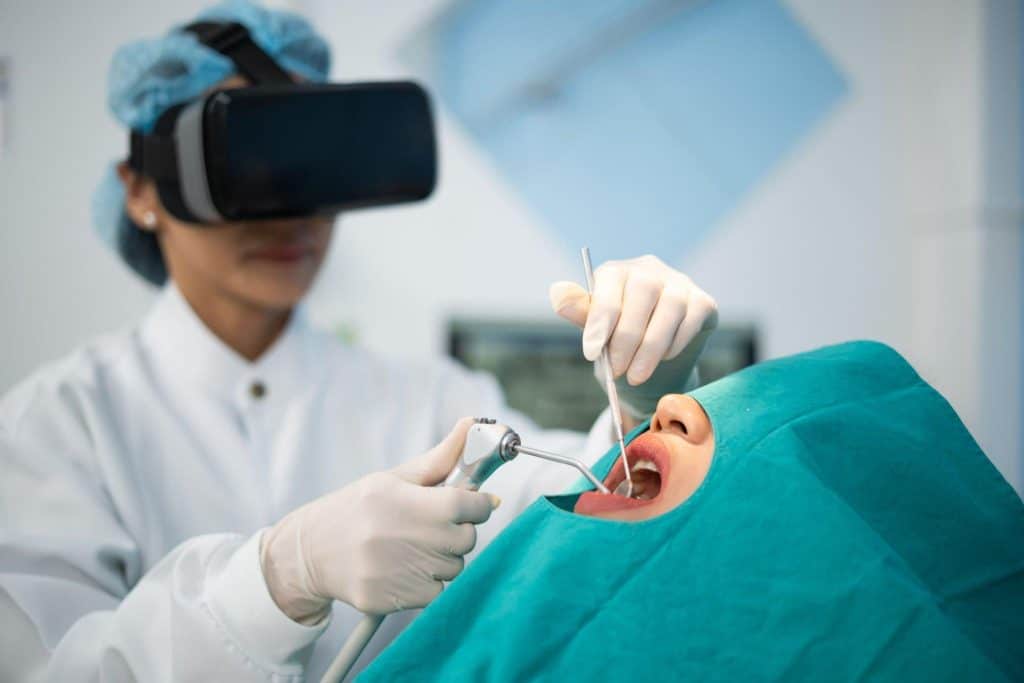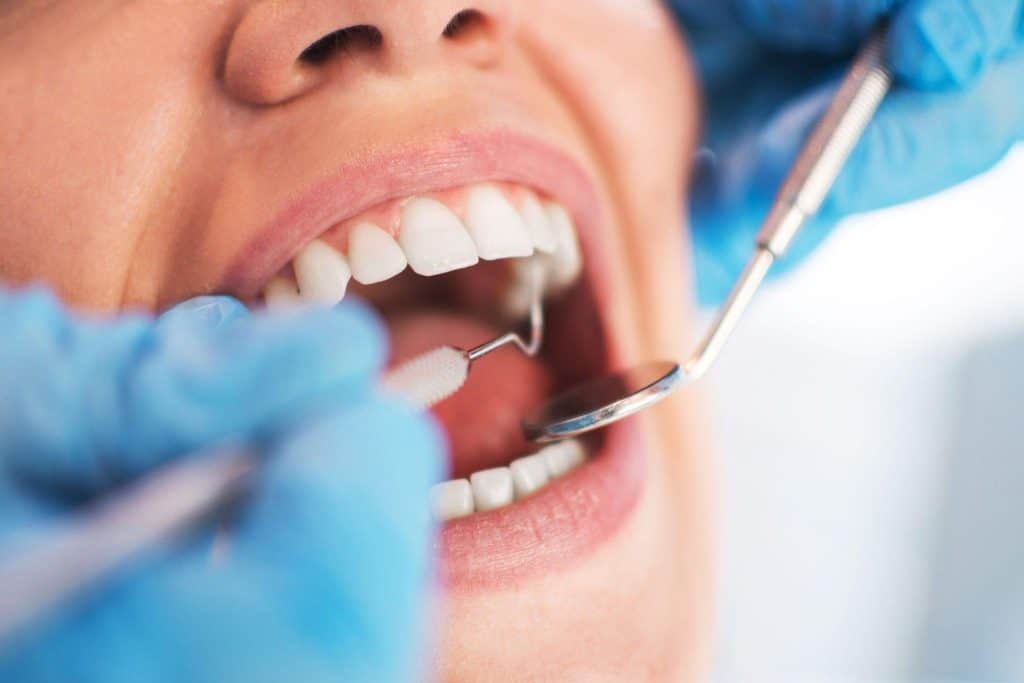The advent of digital technologies has significantly transformed patient care and management in dental practices. As highlighted by DaSilva et al. (2022), modern dental practices are increasingly adopting digital tools to enhance efficiency, accuracy, and patient experience.
In today’s post, we explore how various digital technologies are reshaping the landscape of dental care.

The Impact of Digital Technologies on Dental Practices
Revolutionizing Dental Care and Management
Digital technologies have integrated into every facet of dental practice, from diagnostic instruments to treatment planning systems, fundamentally changing how dental care is delivered and managed.
Key Technologies:
- Diagnostic Tools: Integration of intra-oral cameras and digital radiographic systems for precise diagnostics.
- Treatment Planning: Advanced software systems for accurate and efficient treatment planning.
- Practice Management: Digital systems for streamlined patient administration and record-keeping.
Enhancing Patient Care with Digital Innovations
Improving Treatment Outcomes and Experience
Digital advancements have not only optimized dental procedures but also elevated the overall patient experience.
Enhancements Include:
- Patient-Centric Care: Focus on personalized, technology-enabled treatments.
- Increased Efficiency: Reduced treatment time and improved scheduling through digital agendas.
- Improved Decision-Making: Clinical decision support systems aiding in better treatment choices.

Digitalization in Dental Diagnostics
Precision and Efficiency in Diagnostics
Digital diagnostic tools have revolutionized the way dental conditions are identified and assessed.
Diagnostic Advancements:
- Digital Imaging: Enhanced clarity and detail in dental imaging, facilitating accurate diagnoses.
- Real-Time Data Capture: Immediate capture and analysis of diagnostic information.
- AI Integration: Artificial intelligence aiding in complex diagnoses and predictive analytics.
Digital Workflow in Dental Treatment
Streamlining Procedures and Enhancing Precision
The adoption of a digital workflow in dental treatments has led to more precise and efficient procedures.
Workflow Improvements:
- CAD-CAM Systems: Computer-aided design and manufacturing for custom dental restorations.
- 3D Printing: Rapid prototyping for dental appliances and surgical guides.
- Virtual Treatment Planning: Simulations and digital models for planning complex dental procedures.

Patient Management and Engagement
Elevating Patient Interaction and Education
Digital technologies have transformed how dentists engage and educate their patients, enhancing communication and understanding.
Engagement Tools:
- Patient Portals: Online platforms for patients to access their dental records and treatment plans.
- Educational Software: Interactive tools for patient education on dental health and procedures.
- Teledentistry: Remote consultations and follow-ups, expanding access to dental care.
The Role of AI and Blockchain in Dentistry
Pioneering a New Era of Dental Care
Artificial intelligence and blockchain technology are at the forefront of the digital transformation in dentistry, offering new dimensions in patient care and data management.
AI and Blockchain Applications:
- Predictive Analytics: AI algorithms for predicting dental issues and customizing treatment plans.
- Data Security: Blockchain for secure and transparent management of dental records.
- Automated Patient Management: AI-driven systems for efficient clinic administration.

Challenges and Future Directions
Navigating the Digital Transition
While the benefits of digitalization in dentistry are immense, there are challenges that practices must navigate to fully leverage these technologies.
Addressing Challenges:
- High Initial Investment: Cost considerations for adopting advanced digital systems.
- Training and Adaptation: Need for continuous training for dental professionals to use new technologies effectively.
- Integration with Existing Systems: Seamlessly incorporating digital tools into existing dental practice workflows.
Conclusion
The digital era in dentistry is redefining patient care and management, offering unparalleled precision, efficiency, and patient satisfaction. From digital diagnostics to AI-driven treatment planning, these technologies are setting new standards in dental care. As dental practices continue to embrace these innovations, they are poised to offer more advanced, personalized, and effective dental treatments, marking a new chapter in the evolution of dental care.
